Home>Furniture>Kitchen Furniture>Why Do My Electric Stove Burners Burn Up?
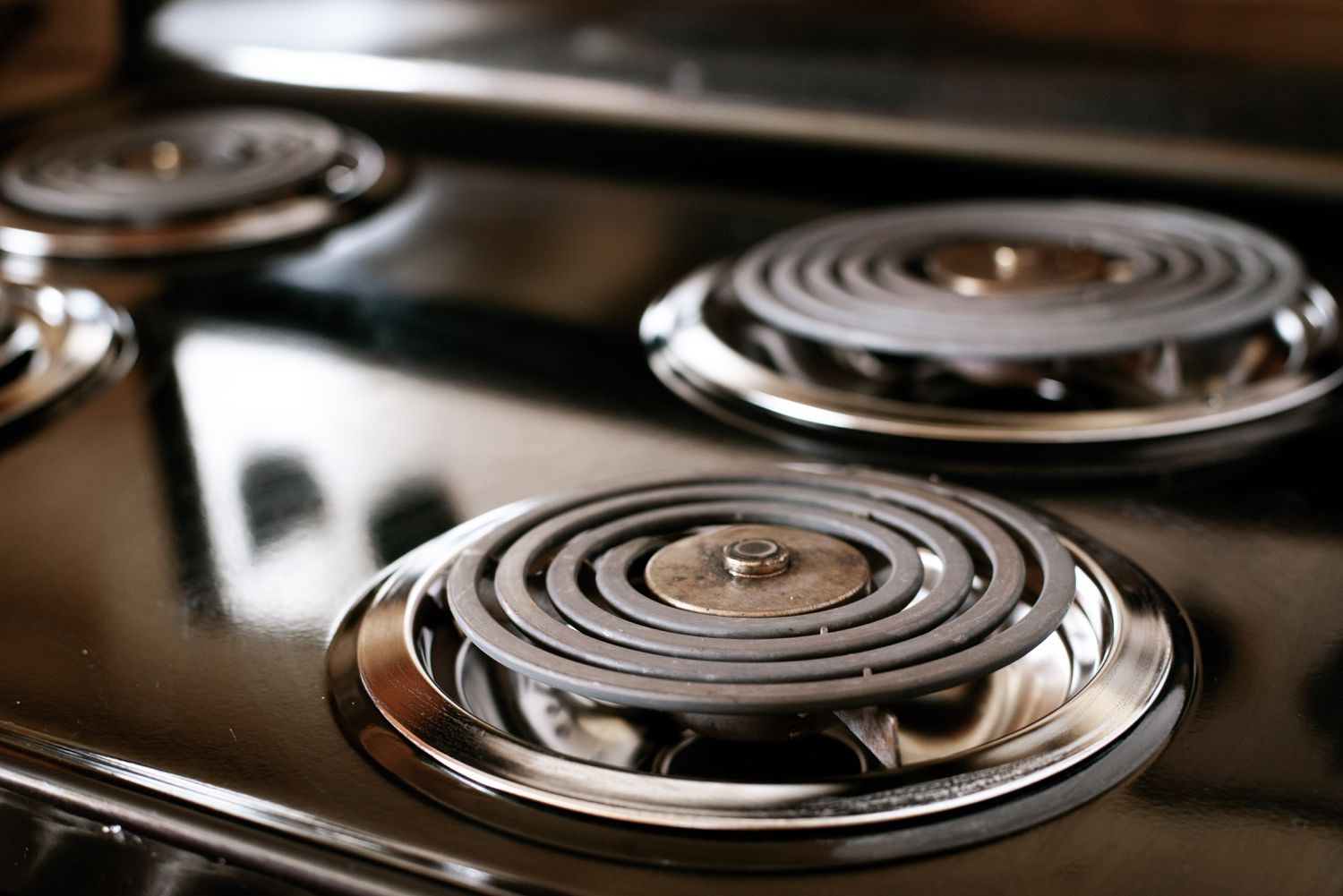

Kitchen Furniture
Why Do My Electric Stove Burners Burn Up?
Modified: October 26, 2024
Discover why electric stove burners may be burning out quickly and find helpful articles to troubleshoot and prevent this common problem.
(Many of the links in this article redirect to a specific reviewed product. Your purchase of these products through affiliate links helps to generate commission for Storables.com, at no extra cost. Learn more)
Introduction
Electric stoves have become a popular choice for many households due to their convenience and efficiency. They offer precise temperature control and faster heating compared to traditional gas stoves. However, it can be frustrating and concerning when you notice that your electric stove burners are burning. Not only can this affect your cooking experience, but it can also pose a safety risk if left unaddressed.
In this article, we will explore the reasons why electric stove burners may burn and discuss some preventive measures to maintain their optimal performance. By understanding these factors, you will be better equipped to troubleshoot and resolve any issues that arise with your electric stove burners.
Key Takeaways:
- Prevent electric stove burner burning by maintaining correct temperature settings, inspecting heating elements, and ensuring proper cookware usage. Regular cleaning and maintenance are essential for optimal performance.
- Address loose connections, faulty wiring, and damaged control switches to prevent electric stove burner burning. Choose suitable cookware and clean burners regularly for a seamless cooking experience.
Read more: Why Are My Stove Burners Smoking
Understanding Electric Stove Burners
Before diving into the reasons why electric stove burners may burn, it’s important to have a basic understanding of how they work. Electric stove burners consist of a heating element, which is typically made of coiled metal. When you turn on the burner, an electric current passes through the heating element, causing it to heat up and transfer heat to the cookware placed on top.
Unlike gas burners, electric burners don’t have an open flame but rely on the heated coil to generate heat. This allows for more precise temperature control and even heat distribution.
Most electric stoves feature different burner sizes to accommodate various cookware sizes. Additionally, they often have adjustable temperature settings, allowing you to control the intensity of the heat.
Now that we have a basic understanding of electric stove burners, let’s explore the possible reasons why they may start to burn unexpectedly.
Reasons for Electric Stove Burners Burning
There are several factors that can contribute to electric stove burners burning. Understanding these reasons can help you identify the issue and take appropriate measures to rectify the problem. Here are some common causes:
- Incorrect Temperature Setting: One possible reason for burners to burn is when the temperature setting is too high for the type of cooking or the cookware being used. This can cause overheating and burning of the food.
- Malfunctioning Heating Elements: If the heating elements in your electric stove burners are faulty or worn out, they may not distribute heat evenly or may generate excessive heat, leading to burning.
- Loose Connections or Faulty Wiring: Loose electrical connections or faulty wiring can result in inconsistent electrical flow to the burners. This can cause fluctuations in heat and ultimately result in burning.
- Burner Receptacle Issues: The burner receptacles, which connect the heating elements to the power supply, can become worn or damaged over time. This can lead to poor electrical connections and can cause the burners to burn instead of heating evenly.
- Control Switches: Damaged or malfunctioning control switches can disrupt the proper functioning of the electric stove burners. This can lead to issues such as burners burning or not heating up at all.
- Incorrect Cookware Usage: Using cookware that is not compatible with electric stoves can lead to burning. For example, using cookware with a warped bottom or one that is not flat can cause uneven heating and burning of the food.
- Food Spills or Residue Build-up: Over time, food spills and residue can accumulate on the burners and heating elements. This can create hotspots and result in burning when using the stove.
Incorrect Temperature Setting
One of the main reasons why electric stove burners may burn is due to incorrect temperature settings. It’s important to choose the right temperature setting based on the type of cooking you are doing and the cookware you are using.
If you set the temperature too high, especially for delicate or low-heat cooking methods, it can result in burning. The intense heat can cause food to scorch and stick to the pan, leading to a burnt flavor and unpleasant texture.
On the other hand, setting the temperature too low may not provide sufficient heat to cook the food properly. This can result in prolonged cooking times and a higher risk of burning if the food is left on low heat for too long.
To prevent burning due to incorrect temperature settings, it’s important to follow the recommended temperature guidelines for different types of dishes. If you’re unsure, refer to recipes or cooking guides that specify the ideal heat level for the dish you’re preparing.
Additionally, it’s essential to pay attention to the heat indicators on your electric stove. These indicators provide visual cues to help you adjust the temperature accurately. For example, some stoves have a “simmer” feature that maintains a low heat for gentle simmering without the risk of burning.
Remember, finding the right temperature setting may require some trial and error, as different stoves and cookware may have variations in heat distribution and responsiveness. Regularly checking and adjusting the temperature during cooking will help you achieve the desired results and prevent burning.
Malfunctioning Heating Elements
Another common reason for electric stove burners burning is malfunctioning heating elements. The heating elements in electric stoves are responsible for generating heat and transferring it to the cookware placed on top.
If the heating elements become faulty or worn out over time, they may not distribute heat evenly or may generate excessive heat in certain areas. This can result in burning of the food and uneven cooking.
To identify if the heating elements are malfunctioning, you can visually inspect them for any signs of damage or discoloration. If you notice any abnormalities, such as melted metal or visible damage to the coils, it’s likely that the heating element needs to be replaced.
In some cases, the issue may not be visibly apparent. You can perform a simple test by turning on the problematic burner and observing its performance. If the burner takes an unusually long time to heat up, heats up inconsistently, or emits sparks or unusual smells, it indicates a malfunctioning heating element.
To address this issue, you will need to replace the faulty heating element with a new one. It’s important to purchase the correct replacement part that matches your specific stove model. If you’re unsure, you can consult the manufacturer’s manual or seek assistance from a professional technician.
Regular inspection and maintenance of the heating elements can help prevent burning due to malfunction. Clean the elements regularly to remove any food debris or residue that may accumulate and affect their performance. Additionally, avoid placing excessively heavy or large cookware on the burners, as this can strain the heating elements and lead to premature damage.
By ensuring the proper functioning of the heating elements, you can minimize the risk of burners burning and enhance the cooking experience on your electric stove.
Read more: Why Do My Electric Stove Burners Get Too Hot
Loose Connections or Faulty Wiring
Loose electrical connections or faulty wiring can contribute to electric stove burners burning. These issues can disrupt the flow of electricity to the burners, causing fluctuations in heat and potential burning.
Over time, the electrical connections within the stove can become loose due to regular usage or vibrations. Loose connections can result in inconsistent power supply to the burners, leading to uneven heating and burning of food.
Faulty wiring can also be a culprit behind burning burners. Damaged or deteriorated wires can cause electrical surges or shorts, which can in turn create excessive heat and burning on the burners.
To identify if loose connections or faulty wiring are causing the issue, you may need to consult a professional electrician or technician. They can inspect the electrical connections within the stove and perform necessary repairs or replacements.
However, before seeking professional help, you can perform a visual inspection to check for any obvious signs of loose connections or wiring damage. Look for exposed wires, frayed insulation, or loose terminals. If you notice anything abnormal, it’s best to avoid using the stove and reach out to a professional for assistance.
To prevent loose connections or faulty wiring from causing burning on the burners, it’s essential to practice proper maintenance. Regularly inspect the power cord and plug for any signs of damage or wear. Ensure that the electrical connections are tight and secure.
If you notice any issues or suspect loose connections or faulty wiring, it’s crucial to address them promptly to avoid any potential hazards. Contact a qualified professional to assess and repair the electrical components of your electric stove to ensure safe and reliable operation.
Clean the electric stove burners regularly to prevent food and grease buildup, which can cause uneven heating and potential damage to the burners.
Burner Receptacle Issues
Burner receptacle issues can contribute to electric stove burners burning. The burner receptacles are the components that connect the heating elements to the power supply. They play a crucial role in ensuring a proper electrical connection for effective heat transfer.
Over time, the burner receptacles can become worn or damaged, resulting in poor electrical connections. This can cause inconsistent power flow to the burners, leading to uneven heating and potential burning.
One common issue with burner receptacles is that they can become dirty or corroded, hindering the efficient transfer of electricity. This can cause the burners to heat unevenly, resulting in hotspots that lead to burning of food.
To determine if burner receptacle issues are the cause of burning burners, you can visually inspect the receptacles for any signs of damage or corrosion. Additionally, you can try swapping the burner receptacles with ones from a different burner to see if the problem persists. If the problem is specific to a particular burner, it indicates that the burner receptacle may need to be replaced.
If you’re comfortable with DIY repairs, you can replace the faulty burner receptacle yourself. However, it’s recommended to consult the manufacturer’s manual or seek guidance from a technician to ensure that you choose the correct replacement part and perform the installation correctly.
To prevent burner receptacle issues and subsequent burning, it’s important to keep the receptacles clean and free from debris or corrosion. Regularly remove and clean the burner receptacles using a soft brush or cloth to remove any dirt or buildup. Avoid using abrasive cleaners or excessive force, as this can damage the receptacles.
Additionally, be sure to handle the receptacles with care during cleaning and installation to avoid bending or damaging the contacts. Proper maintenance of the burner receptacles will help ensure a reliable electrical connection and prevent burning on the burners.
Damaged Control Switches
Another potential cause of electric stove burners burning is damaged control switches. Control switches are responsible for regulating the power supply and temperature settings of the burners. When these switches become damaged or malfunctioning, they can disrupt the proper functioning of the burners, leading to issues such as burning or failure to heat up.
One common issue with control switches is physical damage. Continuous use, accidental mishandling, or exposure to moisture can result in cracks, loose connections, or broken components within the switch. This can cause irregular electrical flow to the burners, leading to burning or overheating.
To identify if damaged control switches are the cause of burning burners, you can perform a visual inspection. Look for any signs of physical damage, such as visible cracks, loose knobs, or wiring issues. You can also check if the switch is responsive and operates smoothly without any sticking or resistance.
If you suspect that the control switches are damaged, it’s best to consult a professional technician for repair or replacement. They can accurately assess the extent of the damage and ensure that the control switches are replaced with the correct parts for your specific electric stove model.
To prevent control switch issues and subsequent burning, it’s important to handle the switches with care. Avoid excessive force, twisting, or pulling on the knobs. Keep the switches clean and free from debris by regularly wiping them with a soft cloth or using a mild cleaner if necessary.
Regular maintenance and inspection of the control switches will help ensure their proper functioning, thereby reducing the risk of burners burning and improving the overall performance of your electric stove.
Incorrect Cookware Usage
Using incorrect cookware can also contribute to electric stove burners burning. It’s important to select cookware that is suitable for use on electric stoves to ensure efficient and safe cooking.
One common issue is using cookware with warped or uneven bottoms. When the bottom of the cookware is not flat, it doesn’t make proper contact with the heating element. This can result in uneven heat distribution, hotspots, and ultimately, burning of the food.
Additionally, using cookware made of materials that are not compatible with electric stoves can lead to burning. For example, copper or aluminum cookware can conduct heat too quickly and may not disperse it evenly. This can cause burning in certain areas of the food.
It’s recommended to use cookware with flat and smooth bottoms, such as stainless steel, cast iron, or enamel-coated cookware. These materials provide better heat distribution and minimize the risk of burning.
Furthermore, ensure that the size of the cookware matches the size of the burner. Using a smaller pot or pan on a larger burner can result in heat being improperly dispersed, leading to burning. Conversely, using oversized cookware on a small burner may cause inefficient heating and can also contribute to burning.
To prevent burning due to incorrect cookware usage, follow these tips:
- Choose cookware with flat, smooth bottoms that conform to the size of the burner.
- Opt for materials that are suitable for electric stoves, such as stainless steel or cast iron.
- Avoid using cookware with warped or uneven bottoms.
- Monitor your cooking closely to prevent overcooking or excessive heat buildup.
- Adjust the heat settings as needed to maintain an optimal temperature for your specific recipe.
By using the right cookware and employing proper cooking techniques, you can minimize the risk of burners burning and achieve delicious, evenly cooked meals on your electric stove.
Read more: Why Is One Of My Stove Burners Not Working
Food Spills or Residue Build-up
Food spills and residue build-up on electric stove burners can contribute to burning during cooking. Over time, food particles and cooking residue can accumulate on the burners and heating elements, creating hotspots and uneven heat distribution.
When food spills onto the burners, it can burn and adhere to the surface, resulting in a burnt odor and potentially affecting the taste of future dishes. Additionally, the residue can cause the burners to heat unevenly, leading to burning in certain areas and undercooking in others.
To prevent burning due to food spills or residue build-up, it’s important to clean your electric stove burners regularly. Here are some steps to follow:
- Allow the burners to cool down completely before cleaning.
- Remove the burners from the stove according to the manufacturer’s instructions.
- Soak the burners in warm, soapy water to loosen any food residue.
- Gently scrub the burners with a sponge or soft brush to remove any remaining residue.
- Rinse the burners thoroughly to ensure all cleaning solution is removed.
- Dry the burners completely before reassembling them onto the stove.
In addition to regular cleaning, it’s important to address food spills immediately as they occur. Wipe up any spills or splatters on the burners promptly to prevent them from burning and sticking to the surface.
Implementing a regular cleaning routine will not only prevent burning but also improve the efficiency and performance of your electric stove burners. It will help maintain even heat distribution and extend the lifespan of the burners.
By keeping your burners clean and free from food spills or residue build-up, you can enjoy optimal cooking results and reduce the risk of burning on your electric stove.
Prevention and Maintenance Tips
To keep your electric stove burners from burning and ensure their optimal performance, it’s important to implement preventive measures and regular maintenance. Here are some tips to help you prevent burning and maintain your electric stove:
- Ensure proper temperature settings: Choose the appropriate temperature setting for your cooking needs, and follow the recommended temperature guidelines for different dishes. Use the heat indicators on your stove as a guide to adjust the temperature accurately.
- Regularly inspect heating elements: Check the heating elements for any signs of damage or wear. Replace them if they are faulty or not functioning properly. Clean the heating elements regularly to remove any food debris or residue.
- Check and tighten electrical connections: Inspect the electrical connections within the stove for any loose connections or faulty wiring. If you notice any issues, consult a professional electrician or technician to address the problem.
- Maintain burner receptacles: Keep the burner receptacles clean and free from dirt or corrosion. Regularly inspect them for any signs of damage and replace them if necessary.
- Inspect and repair control switches: Check the control switches for any physical damage or malfunction. If you suspect that the control switches are damaged, seek professional assistance for repair or replacement.
- Choose appropriate cookware: Use cookware with flat and smooth bottoms that match the size of the burner. Avoid using warped or uneven cookware. Select materials that are suitable for electric stoves, such as stainless steel or cast iron.
- Clean burners regularly: Remove any food spills or residue from the burners promptly. Regularly clean the burners by soaking them in warm, soapy water and gently scrubbing off any residue. Ensure that the burners are dry before reassembling them.
By following these prevention and maintenance tips, you can minimize the risk of burners burning and prolong the lifespan of your electric stove. Additionally, it’s important to refer to the manufacturer’s manual for specific instructions and recommendations tailored to your stove model.
Remember, if you encounter persistent issues or are unsure about any repairs or maintenance tasks, it’s always best to seek the assistance of a qualified professional to ensure safe and effective resolution.
Conclusion
Dealing with electric stove burners burning can be frustrating and concerning, but understanding the reasons behind it and implementing preventive measures can help maintain the optimal performance of your electric stove. By following the tips outlined in this article, you can prevent burning and enhance your cooking experience.
From ensuring correct temperature settings to addressing issues with heating elements, loose connections, burner receptacles, control switches, and cookware usage, every aspect plays a crucial role in preventing burners from burning. Regular cleaning and maintenance, along with prompt cleaning of food spills and residue build-up, are also essential in preventing burning and maintaining the efficiency and lifespan of your electric stove burners.
While troubleshooting and maintenance can often be done by homeowners, if you encounter persistent issues or are unsure about any repairs or maintenance tasks, it’s always recommended to seek professional assistance. This will ensure that any potential electrical or technical issues are properly addressed and resolved.
Remember, the key is to strike a balance between maintaining the optimal performance of your electric stove burners and ensuring safety in your kitchen. With proper care, maintenance, and attention to detail, you can enjoy the benefits of your electric stove without the frustration of burning burners.
So, take the necessary steps to prevent burning, keep your electric stove burners clean, and enjoy effortless cooking experiences with perfectly cooked meals.
Frequently Asked Questions about Why Do My Electric Stove Burners Burn Up?
Was this page helpful?
At Storables.com, we guarantee accurate and reliable information. Our content, validated by Expert Board Contributors, is crafted following stringent Editorial Policies. We're committed to providing you with well-researched, expert-backed insights for all your informational needs.
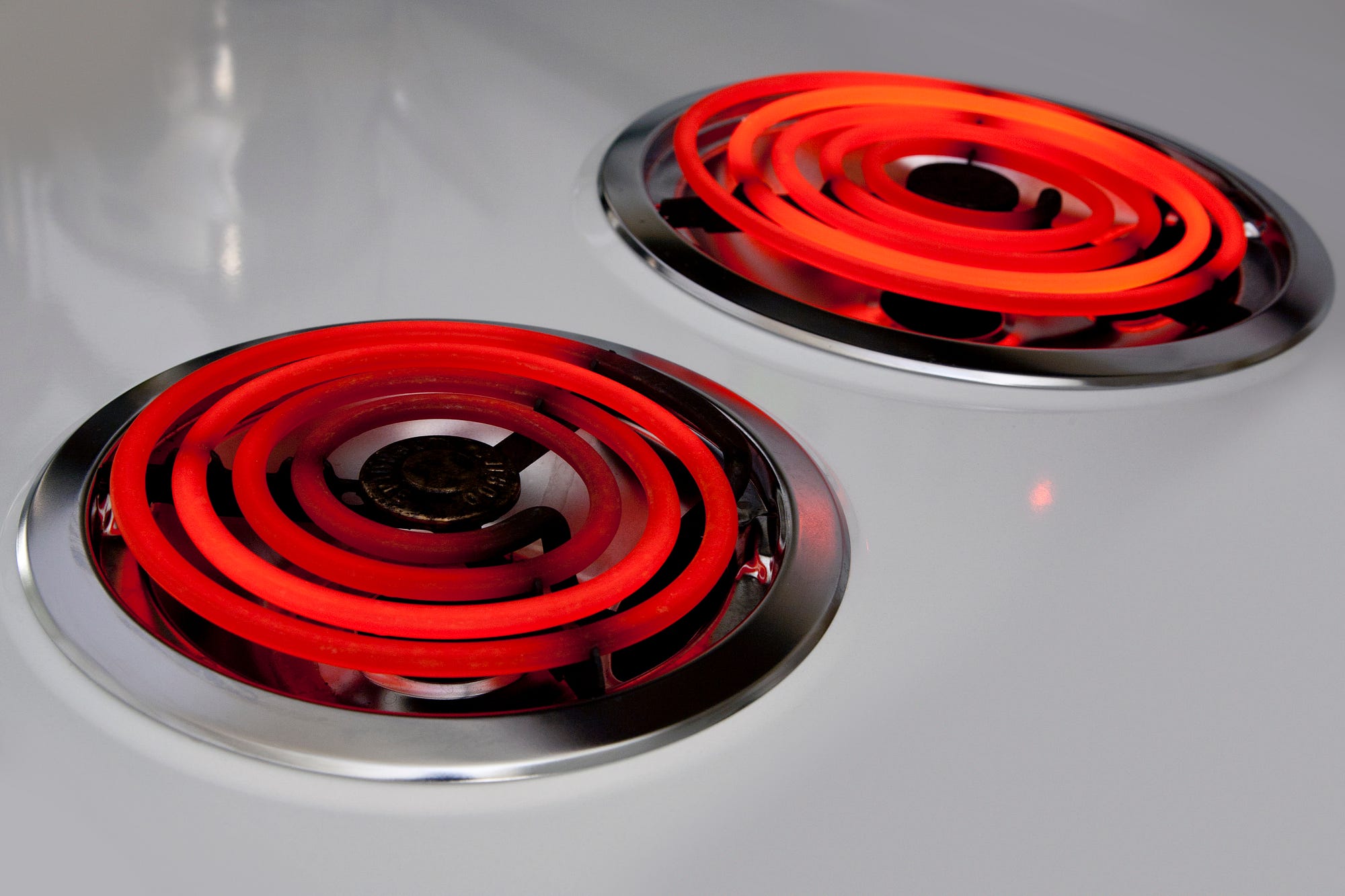
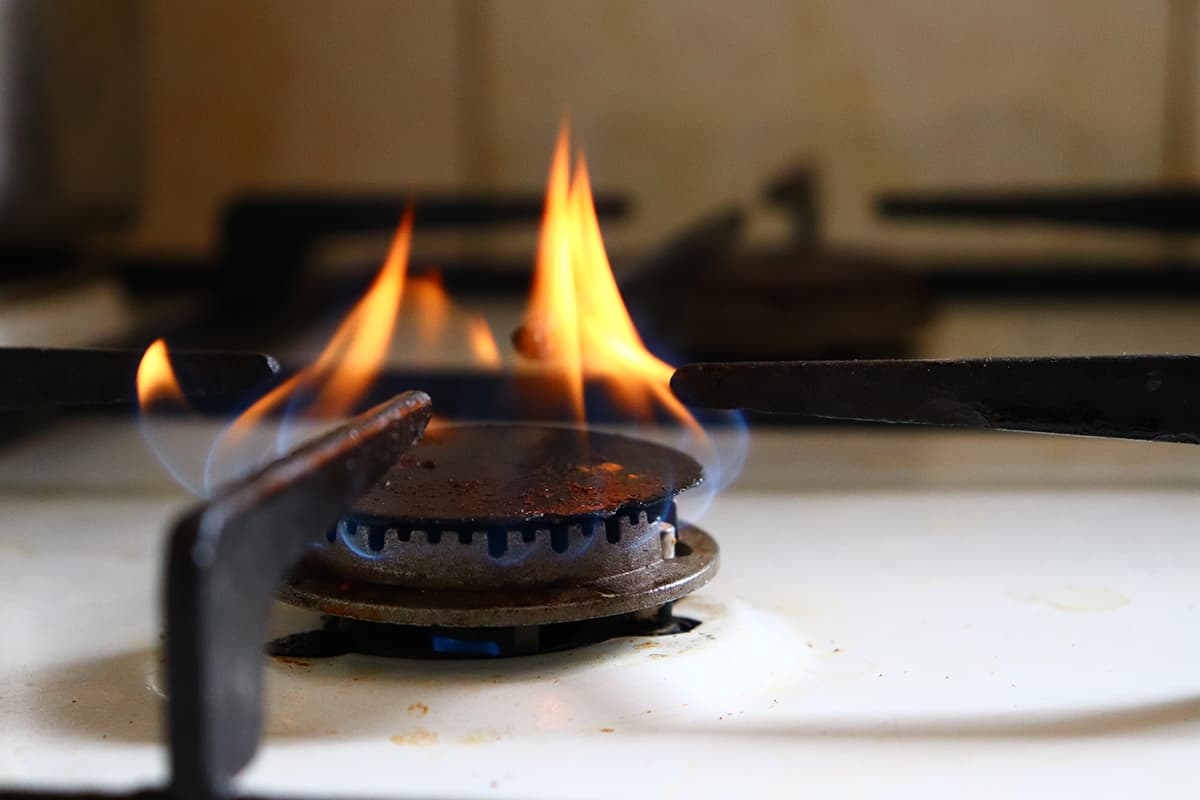
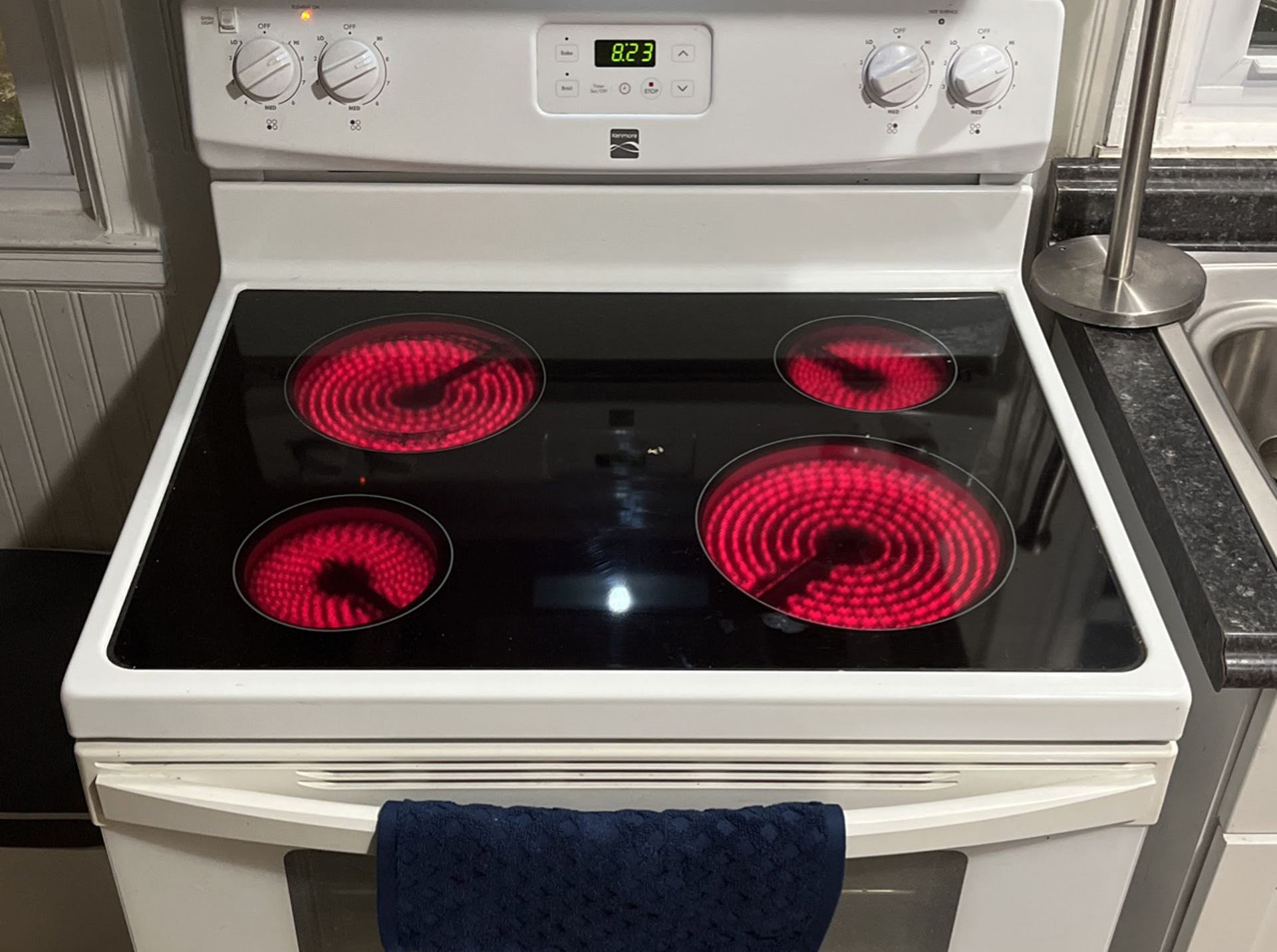
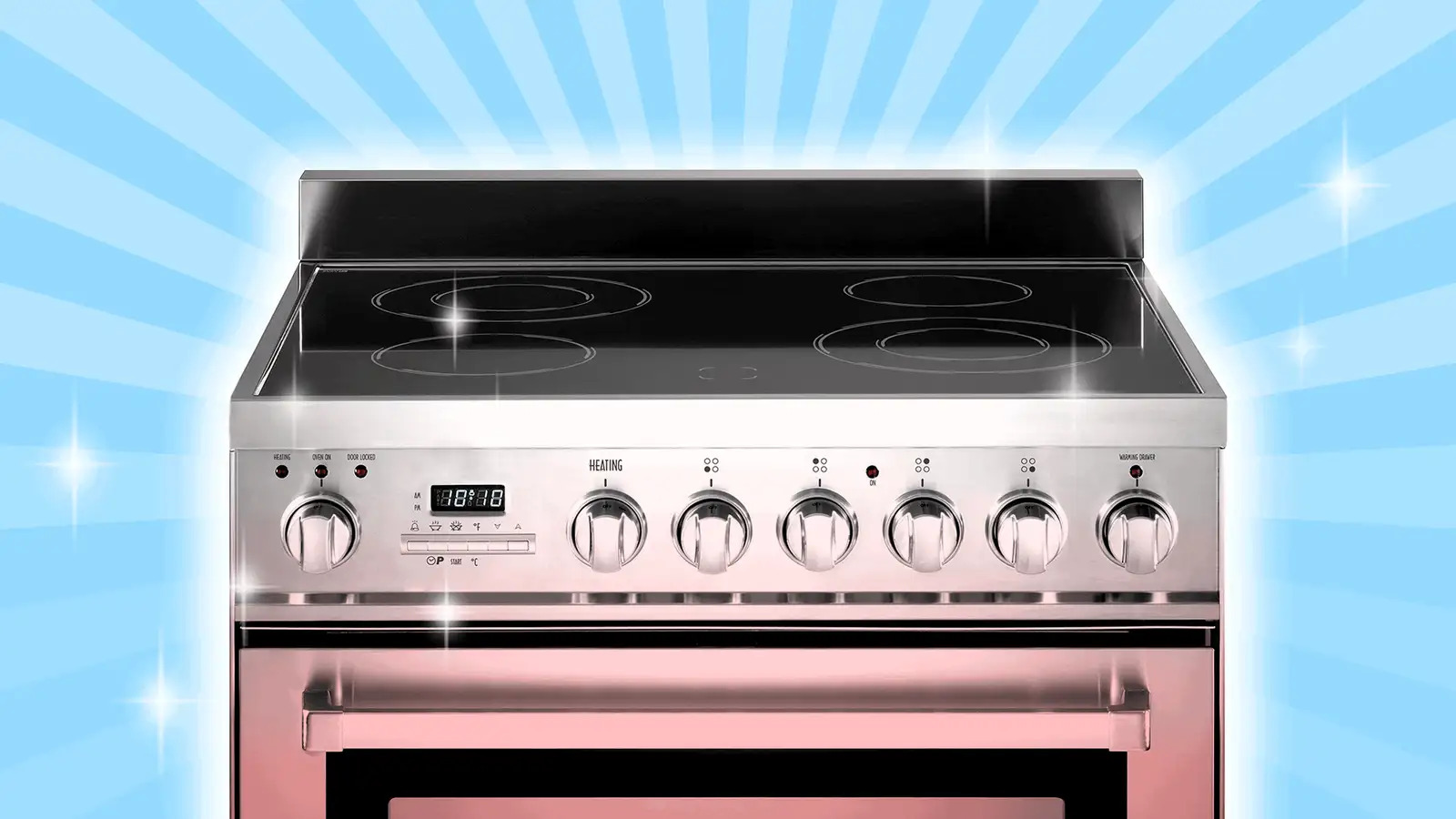
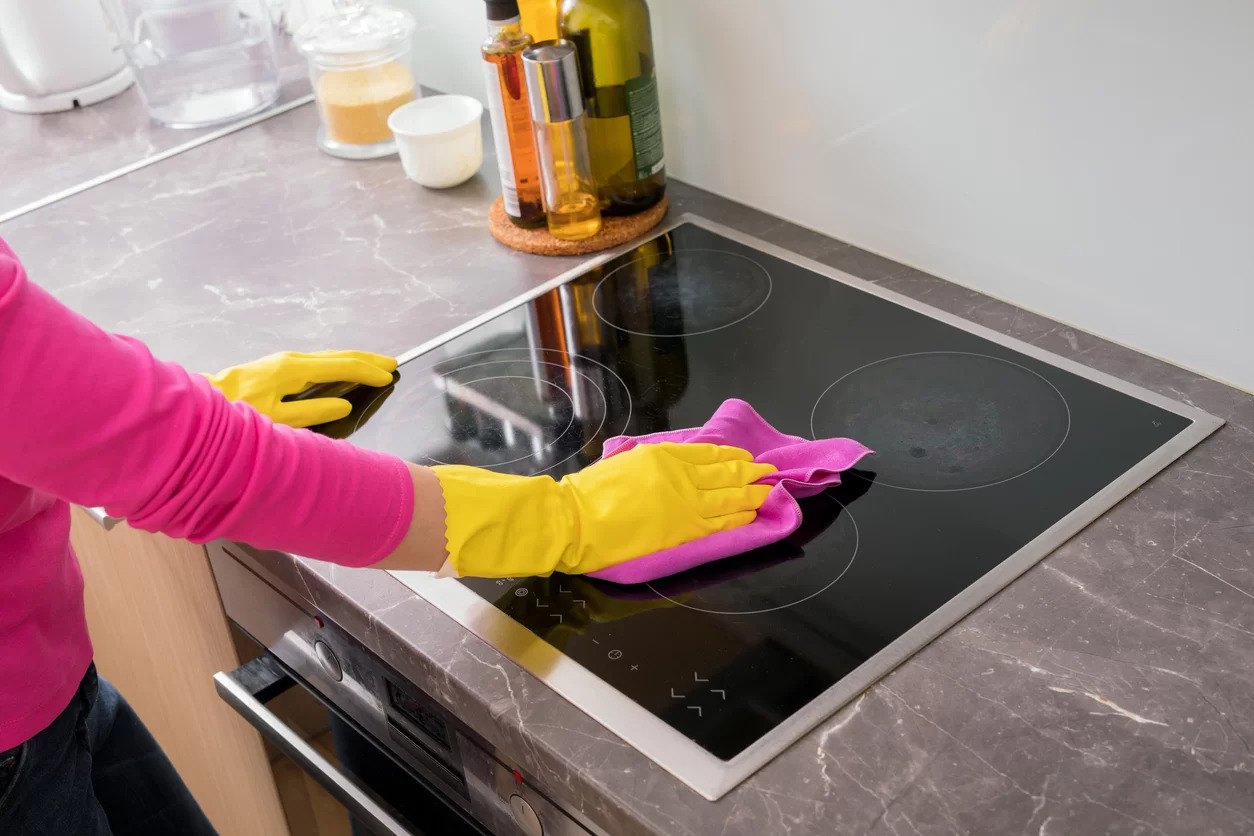
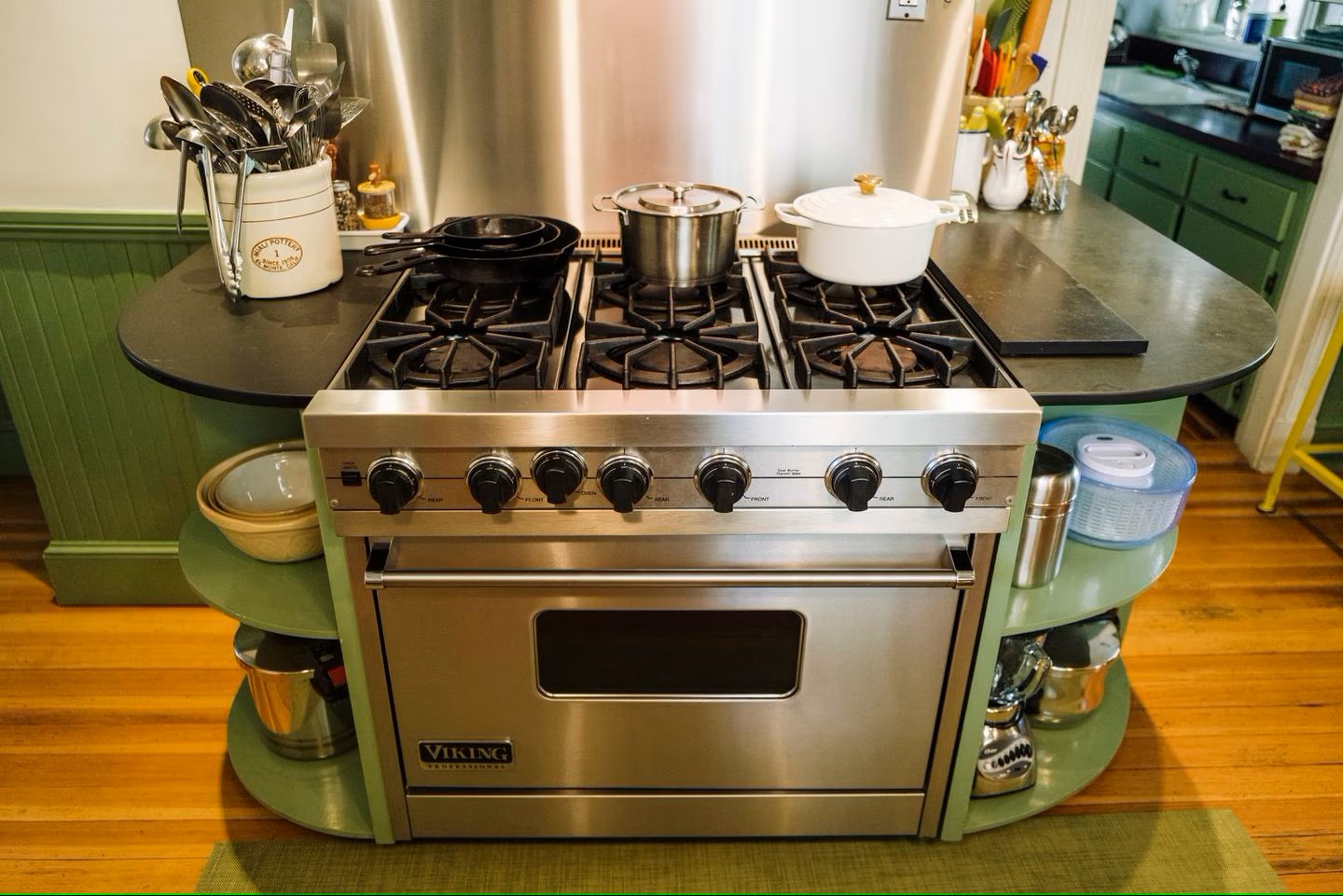

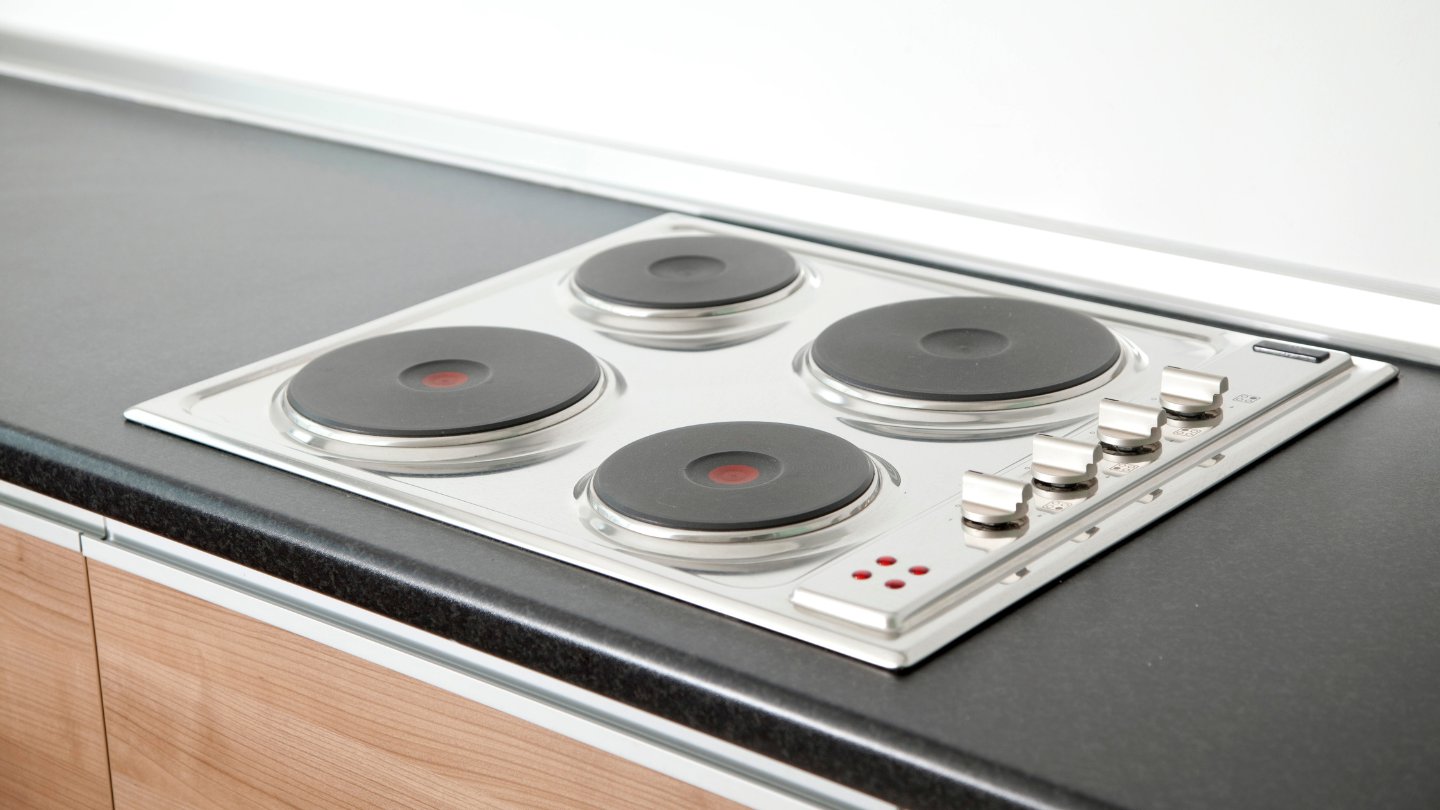
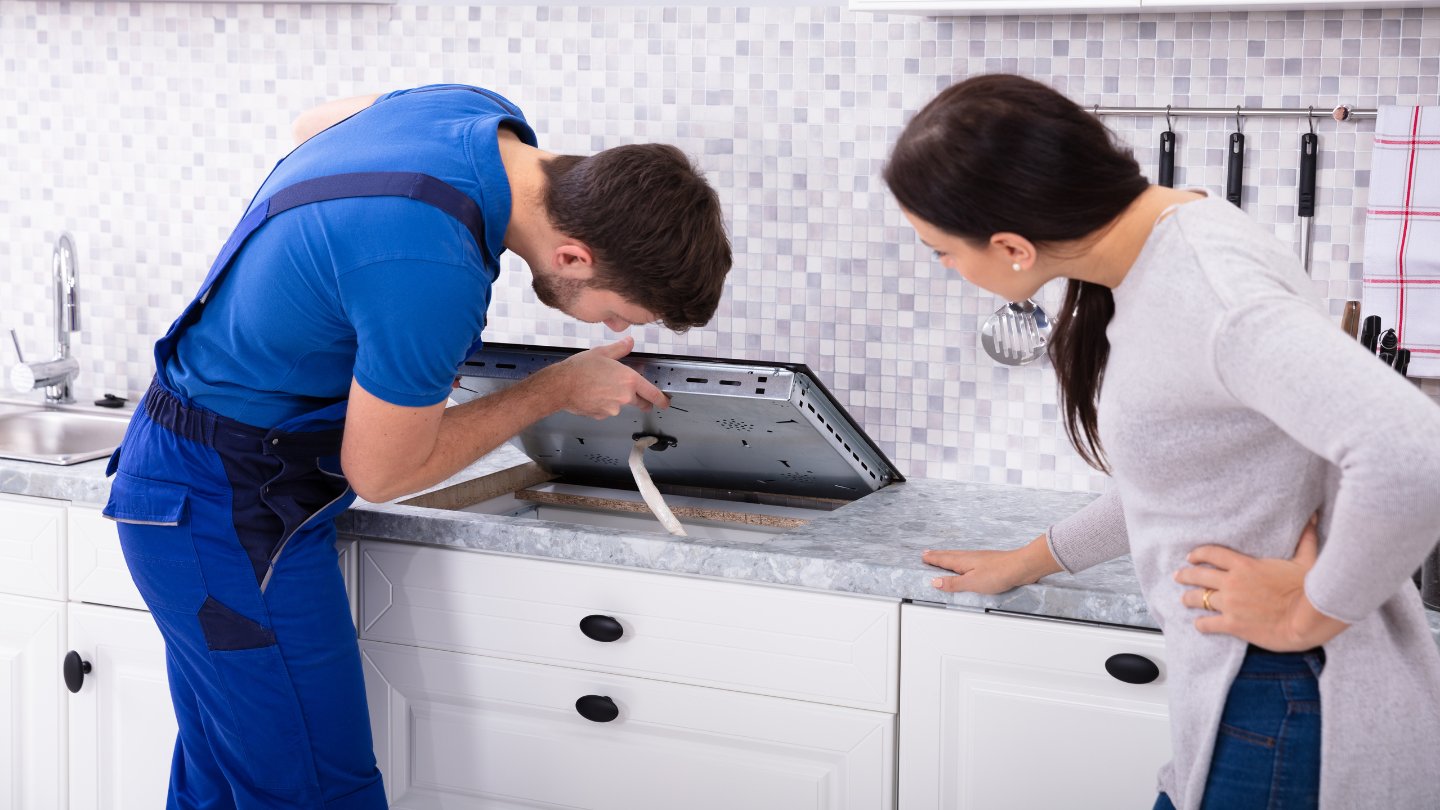
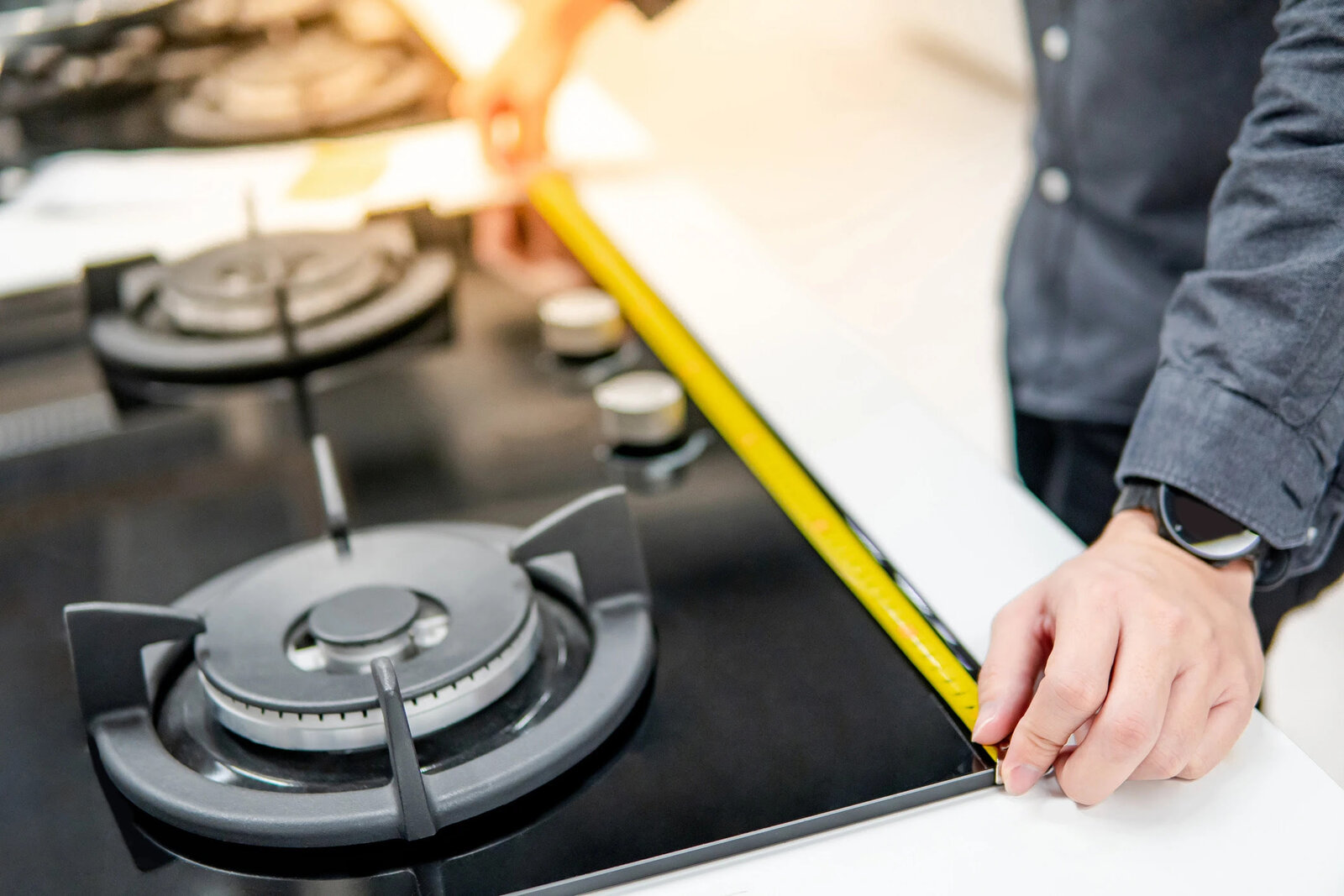
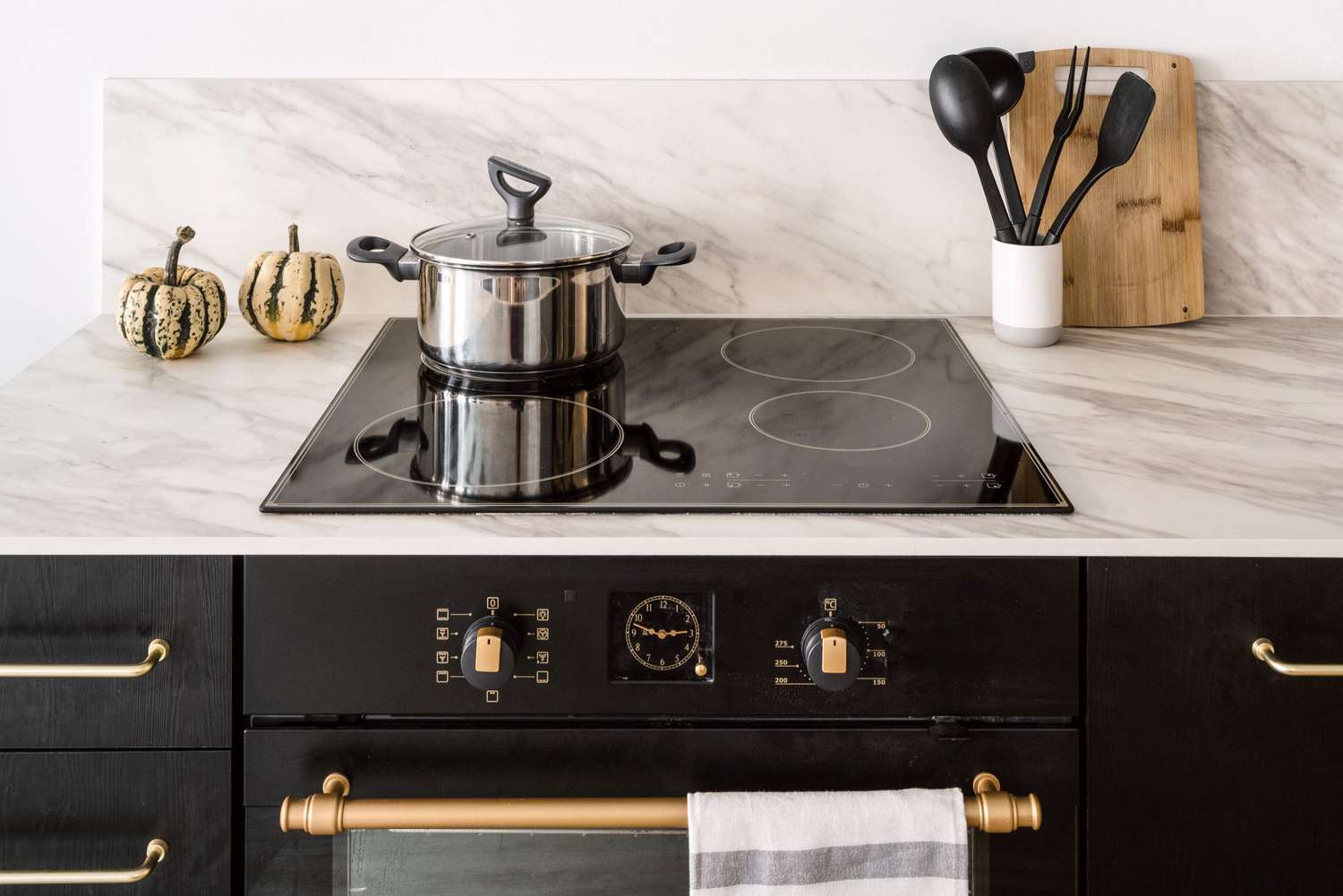
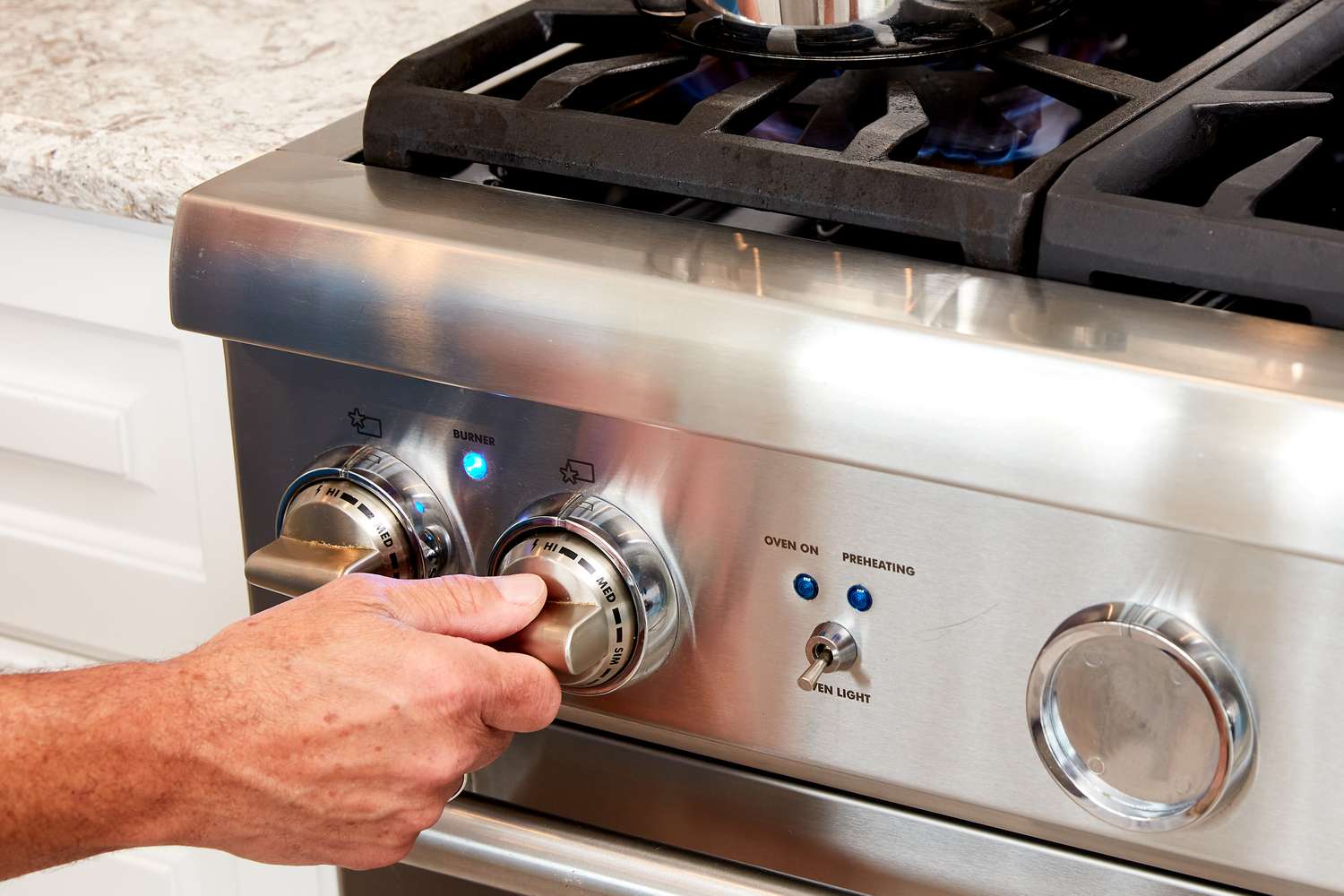
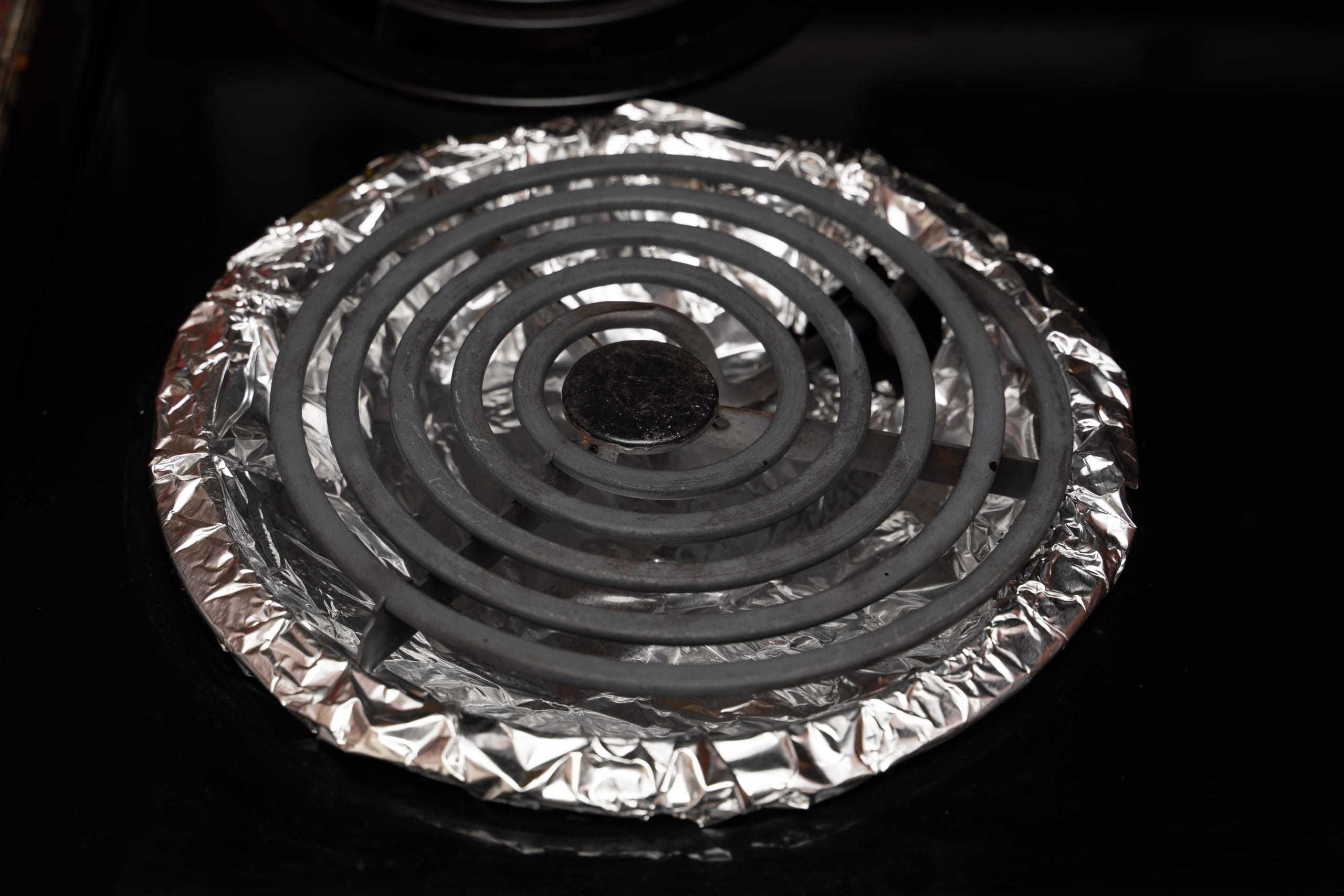

0 thoughts on “Why Do My Electric Stove Burners Burn Up?”